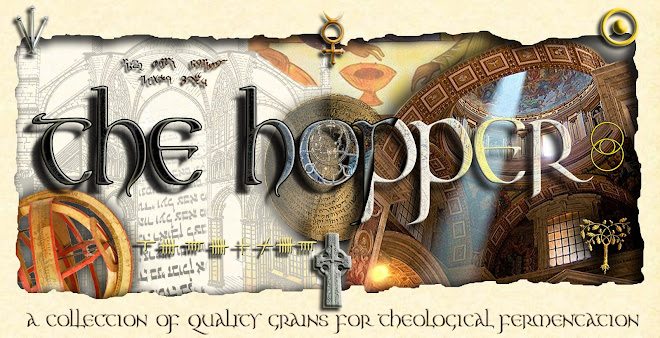By Frederick Buechner
When the preacher climbs up into the pulpit, switches on the lectern light and spreads out his note cards like a poker hand, maybe even the vacationing sophomore who is there only because somebody has dragged him there pricks up his ears for a second or two along with the rest of them because they believe that the man who is standing up there… has something that they do not have or at least not the same way he has it because he is a professional. He professes and stand for in public what they with varying degrees of conviction or the lack of it subscribe to mainly in private…All of this deepens the silence with which they sit there waiting for him to work a miracle, and the miracle they are waiting for is that he will not just say that God is present, because they have heard it said before and it has made no great and lasting difference to them, will not just speak the word of joy, hope, comedy, because they have heard it spoken before too and have spoken it among themselves, but that he will somehow make it real to them. They wait for him to make God real to them through the sacrament of words as God is supposed to become real in the sacrament of bread and wine, and there is no place where the preacher is more aware of his own nakedness and helplessness than here in the pulpit as he listens to the silence of their waiting. Poor, bare, forked animal in his [suit] with his heart in his mouth if not yet his foot. What can he say? What word can he speak with power enough to empower them, waiting there?
Excerpt from Frederick Buechner, Telling the Truth: The Gospel as Tragedy, Comedy, and Fairy Tale, (p. 39-40).
February 13, 2009
A Proclamation about the Proclamation
at
2/13/2009
Labels:
Contemplation,
Theology and Philosophy
![]()
Subscribe to:
Post Comments (Atom)





That's good stuff. I miss my daily dose of Buechner in Dr. Hull's Greek class.
ReplyDelete